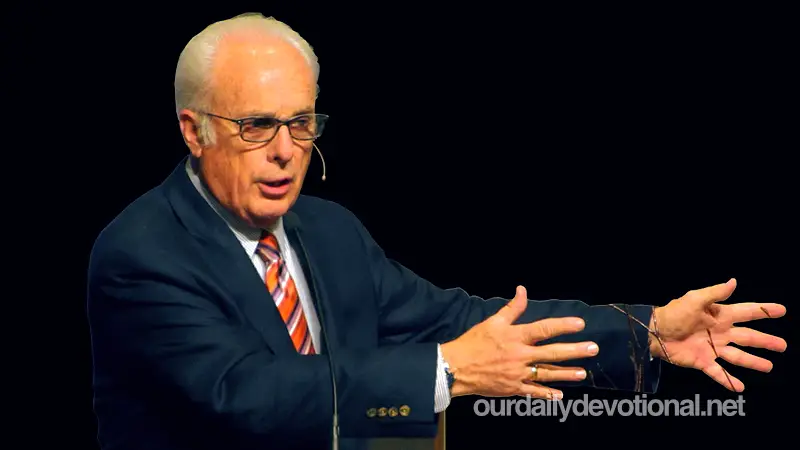Gr. "paradosis", a "transmit", either orally or in writing; a teaching transmitted from one person to another. It is used in the NT in a positive and negative sense.
In the negative, it is used in the dispute between the Lord and the Pharisees about "the tradition of the elders" (Mt. 15:1-9; Mark 7:1-13).
The Jewish oral tradition seems to have been of three kinds: (a) Purported laws given orally by Moses to the seventy elders, in addition to the written Law, and which the Pharisees considered as binding as it;
(b) decisions of judges, who came to establish guiding precedents for future decisions;
(c) interpretations of the Scriptures given by great rabbis, and which eventually came to be regarded with the same reverence as the OT Scriptures.
From the comparison of the passages in Matthew and Mark it is evident that the Lord Jesus attacked the claim of additional revelation (i.e., "of the elders"). By adding to the Word of God they had become guilty:
(a) They had forsaken the commandments of God (Mark 7:8);
(b) they had rejected the commandment of God (Mark 7:9, V.M.);
(c) they had broken, or transgressed, the commandment of God (Mt. 15:3); (d) they had made void the commandment of God (Mt. 15:6; Mark 7:13).
Thus, due to the claim of an oral tradition supplementary to the written one, the commandment of God remained:
(a) cast aside or ignored;
(b) neglected in their demands;
(c) manipulated and violated; finally,
(d) was invalidated, emptied of all content, when replaced by a human norm. Another mention of tradition in a negative sense is in Col. 2:8.
In this passage there are exegetes who see the Jewish teachings of false teachers. Although there may be some truth in this, it is clear that the term is used more broadly here than in Jewish tradition.
The term "traditions of men" seems to refer to the merely human origin, in contrast to the divine, of the false teachings of Colossae, which seem to have had Gnostic characteristics, a mixture of Greek philosophy mixed with popular concepts of Judaism of the time.
The positive sense is used of the instruction given before the NT revelation had been completed (1 Cor. 11:2, trans. "instructions"; 2 Thes. 2:15, "doctrine"; 2 Thes. 3:6 , "teaching").
Here it refers to oral transmission, to the teaching ministry, through which he transmitted the body of Christian doctrine (2 Thes. 3:6) and the specific instructions given to the churches of Corinth and Thessalonica (2 Thes. 2:15). ; 1 Cor. 11:2).
In any case, this "tradition", this teaching, is that given by the apostles, and would be crystallized in their writings. The oral transmission of divine revelation is not contemplated in the Scriptures.
The teaching, evidently, must be oral in many cases, but it must be subject in everything to the Scriptures (1 Cor. 4:6). The apostle Paul, in his farewell, commends the faithful, not to the hierarchies of the church and to his teachings and traditions, but "to God, and to the word of his grace" (Acts 20: 28 -32).
The apostles were the depositaries and transmitters of divine teaching, and this deposit that they left, the apostolic word, is what the Church has to preserve, proclaim and live (cf. Luke 1:2; Heb. 2:34; 2 Peter 1:12-20; 3:15-16; 1 John 1:1-4; Jude 3, 17.
In large sectors of today's Christianity there is an intense parallel with the situation of official Judaism at the time of the Lord.
Appealing to a "tradition" that is transmitted by its "magisterium", for example, the Church of Rome maintains doctrines such as those of the cult of Mary, "mediatrix of all graces", invalidating the clear declaration that "there is only one God , and one mediator between God and men, the man Jesus Christ” (1 Tim. 2:5);
Of the mass as a repetition of Christ's sacrifice on the cross, by which Christ is offered, and the merits of this sacrifice are applied "to the living and the dead," invalidating the clear statements of Scripture about uniqueness, unrepeatability and absolute and eternal effectiveness of the finished work of Christ on the cross (Heb. 7:24-28; 9:11-12; 24:28; 10:1-18), and many others that cannot be mentioned for lack Of space
Meaning of TRADITION
Gr. "paradosis", a "transmit", either orally or in writing; a teaching transmitted from one person to another. It is used in the NT in a positive and negative sense.







